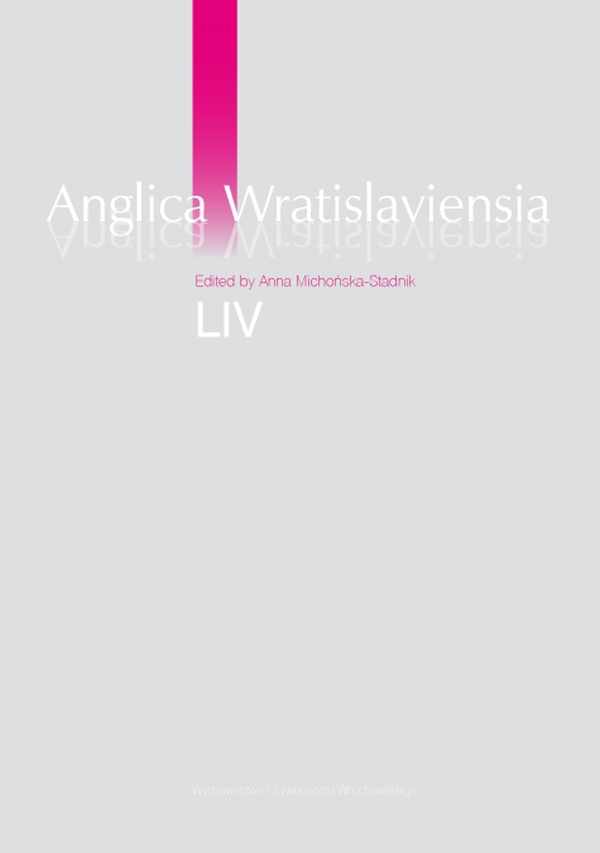

Second Language Acquis

Fossilization in second language acquisition is generally defined as a discrepancy between the foreign language learner’s usage of a structure or form and what is considered “correct” in the target language. Second language theory and research generally support the notion that classroom instruction can reduce and, even prevent, fossilization. However, a small body of research suggests that not all classroom instruction may effectively prevent fossilization and some may even promote it. The authors examine research about the relationship between fossilization and classroom practice, then look at the effects classroom practice may have on fossilization, focusing on the role of input. Next they consider the question: How likely are fossilized forms to be ignored or even promoted in a classroom with a teacher who is a non-native speaker of the target language? Anecdotal evidence collected from observations of classroom teachers and students of English in Albania highlights some errors which are fossilized. The study demonstrates that the Albanian context plays a role in several significant ways. Until the early 1990s most Albanian teachers of English had little or no direct contact with native English speakers nor with authentic listening and reading materials. This trend is changing, but there is still a tendency among Albanian teachers to repeat the incorrect forms which were taught to them by their teachers of English. The authors explore a few common errors and suggest some changes to classroom practice to help teachers and their students overcome fossilization using appropriate input, by first recognizing fossilized forms, then revising their output to correct forms.